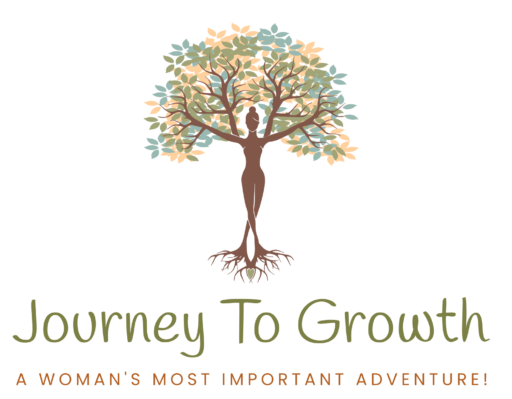When we look around us, or even back in history, it may not have been easy to identify who, back in their younger days, had been destined for greatness. In some instances, they were people from humble beginnings, who worked hard, defied the odds, had a bit of luck, and were able to change not only the trajectory of their lives, but also be acknowledged to have had a positive impact on the world and the lives of others. There are also those who were born into privilege, who were able to leverage the resources at their disposal to also have a positive impact on the world.
Having said this, many of us have not given much thought to whether we are destined for greatness. We are so caught up in the daily grind, and in putting one foot in front of the other every day. We are just trying to survive, to keep a roof over our heads, put food on the table, keep our children safe, that focussing on ‘greatness’ seems a bit much to ask.
Unfortunately, and all too often, we get tripped up by the word ‘greatness’, and think that to fall in that category, whatever we do ought to have global impact, but that is not true. We can define greatness however we wish, but in the final analysis, it boils down to three things: (i) ensuring that what you are doing is aligned with your purpose; (ii) using your talents and resources as best as you can; whilst also (iii) having a positive impact in the lives of others.
In considering greatness through that lens, it ought to be evident that every one of us has the potential to be ‘great’ in our own lives. However, the above three criteria can be a challenge to fulfil, so we will explore them further in the sections below.
Living Your Purpose
In choosing careers, there is often an uneasy tension between work that fulfils us and which we have an aptitude for, versus those that potentially can be more lucrative. As a result, and in some families, parents push their children to become doctors, lawyers, accountants – professions that can offer attractive compensation and so a better quality of life. Unfortunately, the children may not be suited for those roles, and all sorts of conflicts can result.
To the extent that you can, it is hoped that whatever you decide to do as your life’s work – that which you will be spending virtually all of your working hours on – are activities that not only are you skilled at, but also enjoy doing. We tend to spend between a half to a third of each workday engaged in our profession, which is a lot of time. Further, and in the West, a lot of our self-identity and self-worth is tied up in what we do for a living. So to the extent that we feel our work fulfils us, has value, and it is something that we are committed to doing for as long as we can, it is likely that we will be living our purpose.
Using Your Talents And Resources
Connected to the previous point, it is expected that the activities in which we spend our time are using our skills and talents, thus allowing us to be creative, resourceful and innovative. Thanks to the impact you believe your work can have, it can fuel your resourcefulness: to think creatively to find solutions and to be persistent.
Often, it is those who are tenacious, who are not prepared to give up after the first ‘no’ that eventually get a breakthrough, which they leverage into success. If you believe I what you are doing, if you believe in what you stand for, and if you believe the outcome you desire is indeed possible, the odds are that you will want to see it through, and will be prepared to draw on all of your talents and resources to see it to the end.
Having A Positive Impact
In the eyes of the world, you can be seen as ‘great’, if you have enjoyed unprecedented success at work and are wealthy: think Oprah, Jeff Bezos (of Amazon), Bill Gates (of Microsoft), or Taylor Swift. However, you also have those who are not wealthy, but have been able to influence and have a positive impact: think Nelson Mandela, Mother Teresa, Malala Yousafzai, or Greta Thunberg.
However, having a positive impact in the lives of those around you is never to be taken for granted or underestimated. For so many of us, a teacher or other authority figure, who whilst doing their job, showed that they cared, which in turn inspired us, gave us confidence, which decades later, we have not forgotten. In a similar vein, a careless word or action by an authority figure, has left indelible scars, which may still be affecting us to today. Hence, it is really not about the quantity, that is the number of people on which you have an impact, but the quality of the impact that you are having.
In summary, and if there is anything you should take away from this short discourse, it is the fact that you have what it takes to achieve greatness – whatever that means to you. The measure should not be what anyone else think ‘greatness’ is. Instead, it ought to be a testament to who you are and your intentions, and thus how you spend your time and effort, and the difference you are hoping to make in your area of focus, and in the lives of others.
Image: Andrea Piacquadio (Pexels)


0 Comments